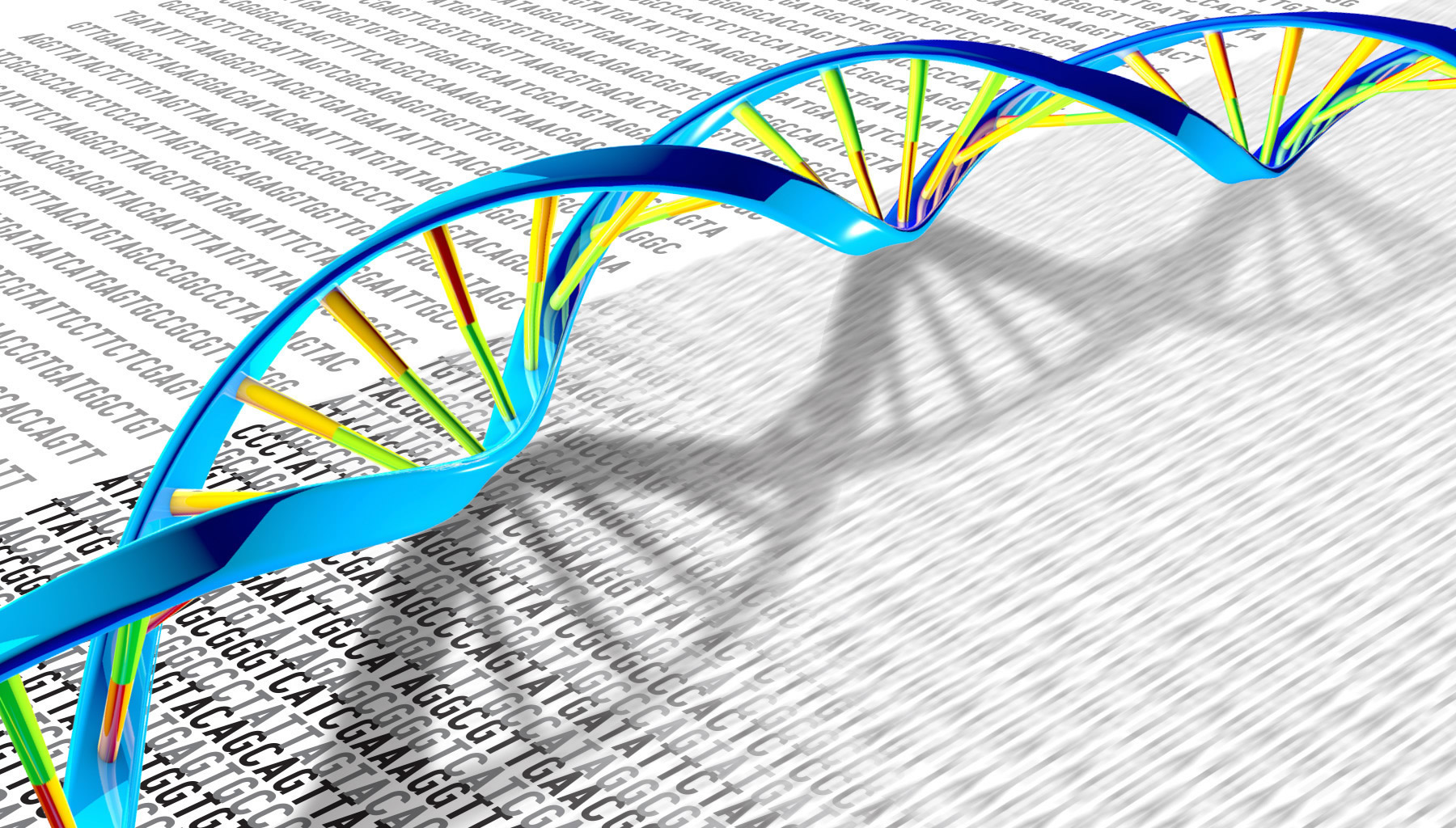
Digital assets have threatened to transform the medical world. The next disruption could lie in cloud-based genomics.
Toronto-based genomic startup DNAstack launched its cloud platform on October 17th to accelerate disease research and precision medicine. DNAStack aims to facilitate open access to the latest research and analysis on the subject of genomic research.
Users can access the platform to process whole genomes (or the entire DNA content that is present within one cell of an organism) to convert raw data into a list of genetic mutations that are present in the sequenced individual. Then, users can share this information with other users on the platform.
Bringing genomics onto the cloud
The startup was launched by Marc Fiume, who obtained his Ph.D. in computer science from the University of Toronto, and co-founder Ryan Cook, who’s built three successful internet companies to date. Genomics refers to the study of genetics, or the DNA content present within the cell of an organism. By targeting specific genetically-based diseases, scientists and doctors can, hopefully, more effectively fight disease.
“When we forecast three to five years into the future, we see that the only way we can solve genomics problems is to encourage cloud adoption,” said Fiume in an interview.
Fiume went on to say DNAstack’s platform allows for the latest analysis in genomics to be shared among scientists and medical professionals. Furthermore, he states that initiatives like this one represent a more open mentality around healthcare and medicine in general.
The platform hosted by DNAstack will be free for users, with charges being incurred only for the storage and computation of the cloud. The cost to process an entire genome is $10 USD, and each patient sequenced receives 100GB of cloud storage.
While the company has been under the radar for the past few years, Fiume and his team have been working their way through the startup ecosystem — being accepted into the Google Startup Program just a year before joining the Johnson & Johnson life sciences incubator, JLABS, in Toronto.
In October 2015, DNAstack went on to develop the largest search engine for genetic mutations in the world, Beacon, which is run in partnership with several groups including Google.
Fast forward to today and Google remains a partner, alongside the Global Alliance for Genomics and Health (GA4GH), in the launch of DNAstack’s first cloud product.
“Sharing data is key to unlocking insights about disease that wouldn’t otherwise be possible,” said Peter Goodhand, the executive director at GA4GH.
“DNAstack is contributing to global efforts to enable sharing of genomic and clinical data to advance human health. We are pleased to see that DNAstack is utilizing and sharing GA4GH tools, including the Genomics API, to allow its users to join federated networks of data sharing and knowledge exchange that are driving greater understanding of genomics, cancer, and rare disease.”
In the interim, the company has been developing proof of concepts for hospitals in Toronto such as Sick Kids, in which they conduct pilots for genomic sharing networks.
Wearable tech and digital health will create a new standard… and some new problems
“With the growth of biometric monitors, health and wellness platforms are being tailored to the individual and I think there’s interest from the global community to use technology to better their personal health,” said Fiume.
He goes on to say that individuals will likely begin to expect the level of detail about their own health that biometric and fitness monitors and genomic research provide.
However, there is a potential downside to making this information accessible.
Fiume conveys that one of the most persistent obstacles to launching the cloud-based genomics platform was policy. With the ability to access genetic information, there is a fear that it could be used by certain parties to discriminate against individuals with genetic mutations, hereditary diseases, etc.
“Healthy individuals are mostly concerned that having that data will preclude them from employment or insurance,” said Fiume. While this might be a concern, Bill S-201 was recently passed to prevent what’s been dubbed “genetic discrimination.”
The bill protects any potential employees from being asked to take a genetic test or disclose results of said test to a potential employer. In addition, the bill prevents life and health insurance companies from demanding genetic tests be taken and refrain from seeking existing test results from potential clients.
The Globe and Mail’s public health reporter André Picard gives little credibility to the idea of genetic discrimination. Though it’s unclear whether the concept is too far-fetched, it’s certainly being considered at the highest levels of the Canadian government. Furthermore, there have yet to be any notable cases of genetic discrimination in Canada.
As DNAstack continues to navigate a political grey area, its ambition is to facilitate the “sharing of information around the world,” remains deeply ingrained. The small team of 10 insists they’ll continue to develop with the digital health community as the internet brings more and more of the information into the world’s backyard.
Related: Health Canada updates Galaxy Note 7 recall to 39,000 devices with one minor burn injury
MobileSyrup may earn a commission from purchases made via our links, which helps fund the journalism we provide free on our website. These links do not influence our editorial content. Support us here.


